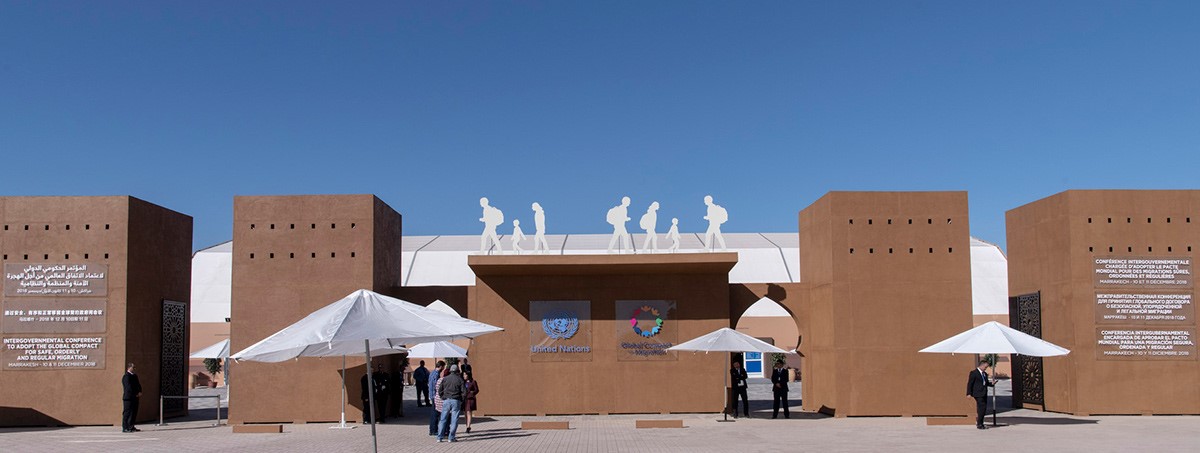
Migration is an expanding multidimensional reality of major relevance for the sustainable development of countries of origin, transit and destination, which requires coherent and comprehensive responses. To reaffirm the shared responsibility of the international community to respect, protect and fulfill the human rights of all migrants, the United Nations will convene an Intergovernmental Conference to adopt the Global Compact for Safe, Orderly and Regular Migration (GCM) in Marrakesh, Morocco on 10-11 December, 2018.
The GCM is a product of 18 months of discussions and consultation and the first inter-governmentally negotiated agreement on international migration developed under the auspices of the UN. Pursuant to the New York Declaration for Refugees and Migrants adopted unanimously by the UN General Assembly in 2016, it is a non-binding cooperative framework that aims to address the root causes of migration and its consequences on social development.
The GCM recognizes migration as “a source of prosperity, innovation and sustainable development” and calls on Member States and stakeholders to unite in a concerted effort to take on the challenges and opportunities of migration in all its dimensions, taking into account different national realities, capacities and priorities. It puts forward 23 objectives for strengthening the governance of international migration, including the following:
- Minimize the adverse drivers and structural factors that compel people to leave their country of origin;
- Address and reduce vulnerabilities in migration;
- Provide access to basic services for migrants;
- Empower migrants and societies to realize full inclusion and social cohesion;
- Eliminate all forms of discrimination and promote evidence-based public discourse to shape perceptions of migration.
Other objectives include devising evidence-based policies, establishing migrant-inclusive social security mechanisms and offering safe and easy access to information in a gender- and disability-responsive as well as child-sensitive manner, and aims to chart sustainable pathways for individual migrants in crisis, regardless of their migration status. These initiatives will help protect vulnerable and marginalized groups, such as women, who make up 48% of all migrants around the world and face more restrictive labor policies and employment customs than men.
Resources:
- UN News: Governments adopt UN global migration pact to help ‘prevent suffering and chaos’
- Learn more about the Conference and the GCM
- UN DESA’s biennial International Migration Report
- Information about the International Migrants Day
Source: UNSDN
 Welcome to the United Nations
Welcome to the United Nations